Governor John Hickenlooper Talks Wesleyan and Politics
The first time someone told the Governor of Colorado and Wesleyan alumnus John Hickenlooper ’74 that he should run for public office, he nearly laughed them out of the room.
“I said, ‘Why the hell would I ever do that,’” Hickenlooper said. “[Even growing up], I never ran for student council or class president, and I didn’t really hang out with the people that did. This kind of caught me by surprise.”
If there ever was a perfect example of the triumph of a broad liberal arts education, Hickenlooper’s serendipitous path to the Governor’s mansion is it. The English major, turned geologist, turned brewpub owner ran for Mayor of Denver in 2003 as something of a joke.
“In 2001, some smart people who did work in politics—and they were my customers so I knew them—suggested I run for mayor,” Hickenlooper said. “They said, in a funny way, you’re perfect for who ought to be in politics. You’re a small-business person, someone in the service industry who understands restaurants, and somebody who understands science. So kind of as a joke, we decided to run. We didn’t do opposition research and I’ve never done a negative ad. Our focus was really on putting up a positive vision for Denver. And we did a few very funny TV ads that are still up on YouTube. And no one could believe it as we were running, because in 2003, we beat these lifetime politicians who had been in office since 1987 two to one.”
Hickenlooper may not have taken the most direct route to a career in politics, but growing up, he always had the sense that he wanted to leave a public legacy. Despite his initial disinterest in the political sphere, public service is actually in his blood: his great-grandfather Andrew Hickenlooper was a renowned Civil War general and both a Lieutenant Governor and U.S. Marshal for the Southern District of Ohio.
However, Governor Hickenlooper learned little about his family heritage growing up. His father died from cancer when he was eight, and he felt the absence acutely.
“Especially for men and boys, if your father dies you have to figure out [how] to raise yourself,” Hickenlooper said. “You know, showing yourself how to comb your hair, or what kinds of pants look good. Because you learn that stuff when you are very young.”
For a long time, Hickenlooper had little idea what he wanted to do with his life, but he believes there was something deeply existential about his lack of direction toward one set path. According to him, he internalized the family tragedy as motivation. He wanted to make enough noise in his life to leave a legacy that one day would be impossible to ignore.
“When I was a kid, I was skinny, had acne, and wore really thick, ugly black plastic glasses,” Hickenlooper said. “So I always sort of felt like I had to prove myself. After my dad died, there was this sense that you want your voice to be heard out in the cosmos. Kind of in a weird way, you want your father way, way out there to be able to hear your voice.”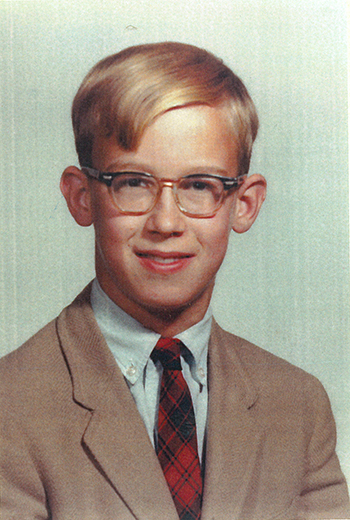
With his father absent, Hickenlooper taught himself many adolescent rites of passage. Yet, he discovered Wesleyan through family ties. He attended his half-brother’s graduation from the University in 1968, and reminisces fondly about how cool he thought it was that The Grateful Dead played a show on Foss Hill amidst widespread campus unrest in 1969. Beyond this trivia, Hickenlooper loved Wesleyan’s approach to diversity and its open-minded curriculum.
In going about his academic experience, Hickenlooper forged as eclectic a path as he could. Although he majored in English, Hickenlooper was dyslexic and felt that he could never keep up in classes where there was heavy reading. Thus, he took a course load that included piano, “how to design and fabricate stained glass windows,” dance, and electronic music.
“I took all different things I thought would help me,” Hickenlooper said. “I thought I wanted to be in some sort of creative role in life. But it turned out everything I taught, I was never very good at. But it’s nice, because I can still play the piano, guitar, and banjo to this day.”
It was only just before his undergraduate education came to a close that Hickenlooper finally found his niche. After sitting in on a lecture in one of his friends Earth & Environmental Science classes, he realized that he loved the subject more than anything he had ever studied.
Subsequently, Hickenlooper was accepted into Wesleyan’s Master’s program in geology for students with a non-science background. He then took chemistry and math classes for two years and over the summer at Harvard University. He did field work in the Beartooth Mountains of southern Montana, where he observed the most beautiful landscape he’d ever seen. After graduation, he drove a beat-up Volkswagen fastback from his brother’s house in Berkeley to do more fieldwork in Costa Rica.
If Hickenlooper’s post-college years seem like a narrative straight out of “On the Road,” their surrealistic nature has never escaped him, especially when he settled down in Denver to become a professional geologist in 1981. After working for the oil company Buckhorn Petroleum for five years, Hickenlooper realized that he was a pretty big extrovert, and a nine-to-five desk job was never going to do it for his more adventurous tendencies. Before he could make a career switch, the price of oil collapsed and most of his company was laid off, including Hickenlooper himself. Even though he was out of work for almost two and a half years, Hickenlooper faced this latest setback the same way he had dealt with adversity all his life: reinvention.
“It’s funny, when I first got laid off, I was lucky,” Hickenlooper said. “Our company had found a lot of oil and we had some anti-takeover provisions in our compensation, so I ended up getting a year of severance. You know, I was looking through my old letters and I was never moping around, I was kind of excited. This didn’t work out, now I have to find something else, and what am I going to try next.”
After trying to find another job as a geologist and even toying with becoming a writer, the next chapter in Hickenlooper’s life was spurred by a visit to a California brewpub, a trip made with the same brother who had inspired his interest in Wesleyan. Enamored by the self-sufficiency of the restaurant-brewery fusion, Hickenlooper began to talk incessantly about the superiority of the establishment’s beer.
Eventually his friends started to tell him to open a brewpub of his own. Despite no experience with running a restaurant, that is precisely what he decided to do. After going to the library to figure out how to write a business plan, Hickenlooper dove headfirst into his new life as a small-business owner and opened the WynKoop Brewing Company in 1988.
Initially, getting the business off the ground was grueling. Hickenlooper worked between 60 and 70 hours per week and paid himself a salary of less than $26,000. But soon, things started to pick up, and Hickenlooper and his co-owners began to open brewpubs all over the Midwest. It was the opening of Coors Field two blocks away in 1995 that caused the WynKoop to explode in popularity.
“All of a sudden, we became rich,”Hickenlooper said.
While Hickenlooper could have franchised his pub or enjoyed the revenue stability that Coors Field had provided, he was still restlessly searching for his place in life. He began to become deeply engaged with the Denver community, joining non-profit boards such as the Colorado Business Committee for the Arts and the Denver Art Museum. He got involved with the battle over the naming rights for the Broncos’ new stadium, and soon he become a well-known figure in the city.
Hickenlooper soon realized that his favorite part of the day was the time he spent in the non-profit community. The intersection between business, arts, and public relations work suited both Hickenlooper’s multifaceted interests and his extroverted personality. Becoming some sort of a public servant could fulfill the higher calling he had sought since the death of his father. While he laughs that he initially ran for mayor as a joke, considering this decision, you get the sense that deep down, his political move was serious and deliberate from the beginning.
In 2005, Hickenlooper was named one of Time Magazine’s top five big-city mayors, and after getting re-elected as mayor in 2007 with 97 percent of the vote, there was talk of him filling Ken Salazar’s vacated Senate seat. While that didn’t pan out, Hickenlooper got the call in 2010 from incumbent Governor Bill Ritter, asking him to run for the soon-to-be open governorship. Hickenlooper easily defeated challenger Tom Tancredo and became the first Denver mayor to be elected Governor of Colorado in over 130 years.
For a public servant who has thoroughly disproven the conventions of how to carve out a career in politics, he has been a remarkably shrewd and effective leader. Despite running a nonpartisan campaign focused on balancing Colorado’s deficit, Hickenlooper has acted on the front lines of implementing socially liberal policies. He took on the NRA to institute stricter gun control regulations. He questioned the practice of capital punishment. He’s championed criminal justice reform after originally embracing harsher policing policies as mayor.
Most famously, he’s spearheaded Colorado’s marijuana legalization efforts. However, in this case, he did not always agree with the pace of reform. While supporting the decriminalization of marijuana and its use for medicinal purposes, he has publicly expressed opposition to Amendment 64, which was passed in 2012 and legalized possession of up to one ounce of the drug. Has his mind changed in the following years?
“I was against it, because you don’t want to be in conflict with federal law,” Hickenlooper said. “You don’t want to be the first to create an entire regulatory framework. But, now that it’s been going for a few years, we have anecdotal reports that I think are reliable, that we have fewer drug dealers than we had before.”
Hickenlooper also wanted to dispel the notion that legalization is merely driven by a financial calculus.
“Some people said we wanted to do it just to get the tax money,” Hickenlooper said. “That’s stupid. Why would you risk the health of your kids and your citizens? If this is really bad for people, getting tax revenues is a pretty bad excuse. But if you end up sending less people to jail, and you end up with less drug dealers trying to sell drugs of all kinds to kids or anybody, that is reasonable. We’ve taken the tax revenues and we’ve helped fund programs for drug rehabilitation and kids that get derailed from a constructive life. We’ve dedicated a lot of money to try and get them back in a good life.”
If politics forces everyone to eventually take sides, Hickenlooper likes to at least preserve his nonpartisan, centrist appeal in tone. What has allowed him to push deeply progressive policies in a politically divided state has been pairing his utilitarian philosophy with the desire to keep his finger on the pulse of the communities he serves.
“I think mostly just by listening,” Hickenlooper said. “You know states and cities are made up of all different kinds of people, so you really have to listen hard to understand what is the rhythm behind all that noise out there. There’s a melody and a rhythm in there somewhere, and what is it that will make the greatest number of people happy and give the greatest value to the community.”
Staying true to his business and non-profit experience, he has also streamlined government in Colorado and filled his cabinet with many people who possess management skills. While he certainly doesn’t speak about the relationship between business and government in the way that Donald Trump does, he does agree that government benefits from employing individuals with diverse backgrounds, especially those with organizational management and leadership experience.
“We’re taking all this [management] training that people receive from getting MBAs, and we’re giving it very narrowly to just business,” Hickenlooper said. “If you look at it, government is about 30 percent of our economy. And non-profits are another 30 percent. And yet all the training in management and leadership goes into business.”
Hickenlooper operates in a tranquil space, and his desire to forge a consensus on major issues seems sincere. What, then, does he think of an election season that has been the complete opposite? Specifically, what would he do if Donald Trump becomes president? One has to wonder if another extended trip to Costa Rica is in his future.
“No, I’d have two more years of being a sitting governor, so I couldn’t leave and do that to my adopted state,” Hickenlooper said. “But I do think that he might be reinventing himself again. So, I’m not going prejudge him. I will say that he scares the living daylights out of me. Some of the things he says are just so provocative and difficult. If he somehow manages to get elected, which I’m going to work hard to make sure doesn’t happen, he’s the President of the United States. And I respect the system our country has created.”
There’s even a chance that Hickenlooper himself may play a direct role in the election to come. A longtime supporter of presidential candidate Hillary Clinton, Hickenlooper is one of the superdelegates that has already pledged support to her campaign. And while he has dispelled rumors of being a potential pick for the Vice Presidency, they persist anyway. Since Hickenlooper occupies a space between the establishment and outsider status, what does he say to students who are disillusioned by the DNC’s cozy relationship to Clinton, or their frustrations with the lack of viable alternatives?
“What I tell young people all the time is, ‘get your friends to vote,’” Hickenlooper said. “Don’t complain because the more experienced people in the party are supporting Hillary. Go out and get more people to vote.”
His take on the activism of today is similarly nuanced, if not a little nostalgic for the great battles for equality of the past.
“I say to kids, ‘I was you once,’” Hickenlooper said. “I marched on Washington to oppose the Vietnam War. I went to the first Earth Day in 1969. But, I also understood that there were people who were older and they thought they had answers, and maybe they were right and maybe they were wrong. But we had a system whereby everybody had a voice, and that is the amazing thing about America.”
If there’s anything that sticks out about Hickenlooper’s political philosophy, it’s his respect, and even admiration, for a democratic process that once seemed completely foreign to him. Then again, he didn’t expect to become a brewpub owner or a geologist either. Perhaps he’s still got a few more tricks up his sleeve.

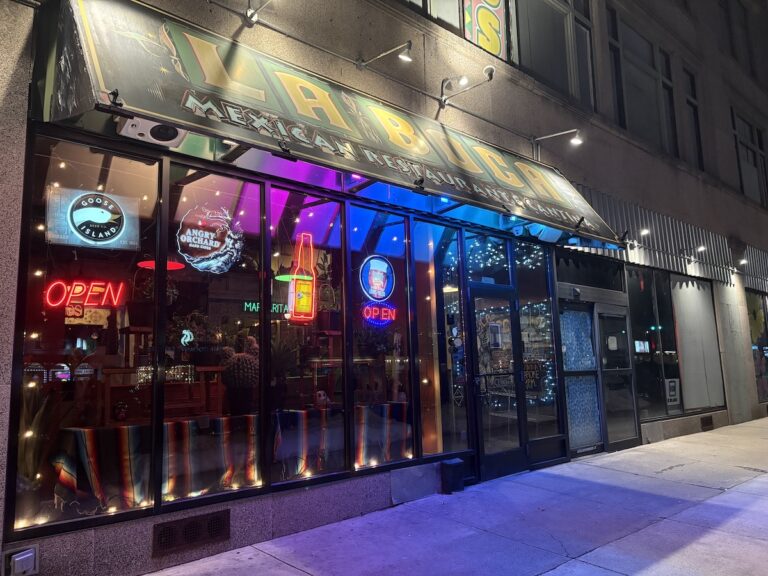
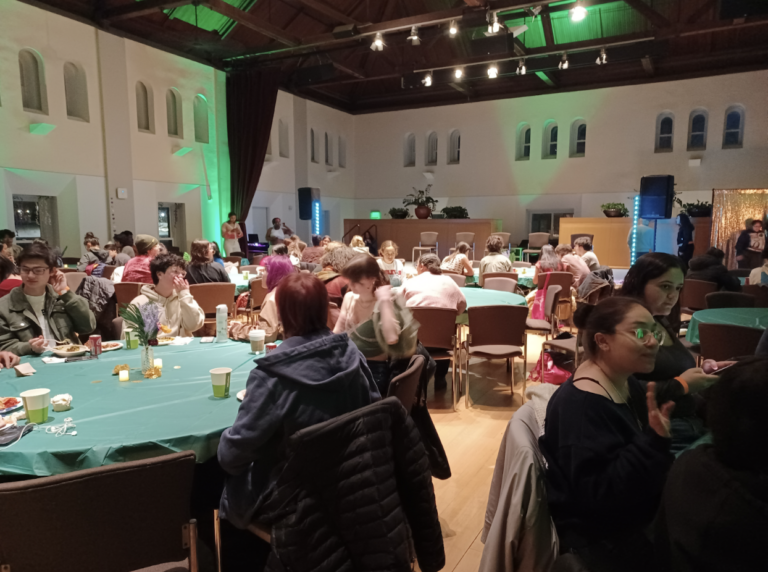
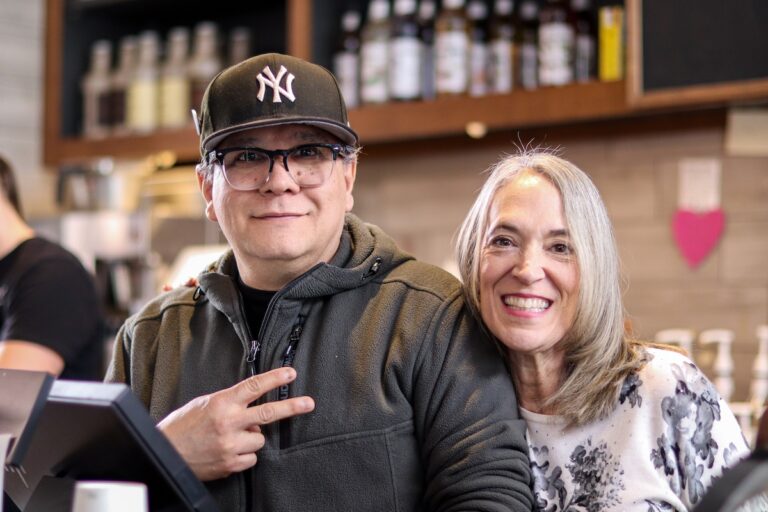

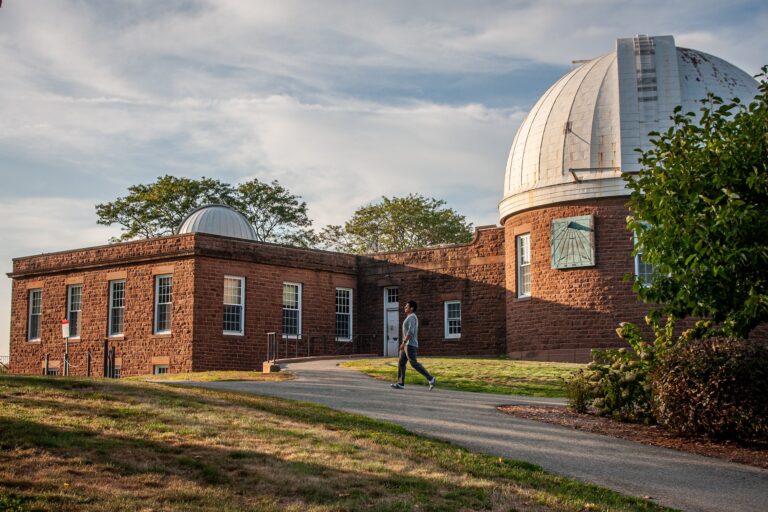

Leave a Reply